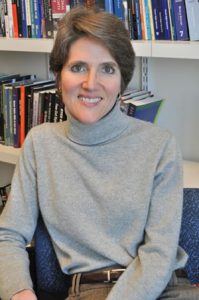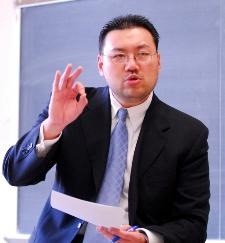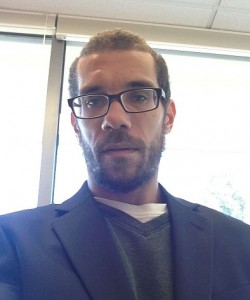On April 12, 2017, The Stamford Advocate published the Op-Ed “Showing remorse for Executive Order 9066” by UConn professor Michael Ego. The article reflects of the exhibit entitled “Images of Internment: The Incarceration of Japanese Americans during World War II” at the FDR museum and library in Hyde Park, New York.
Recently, I visited the Franklin D. Roosevelt Museum and Library for the first time – located in Hyde Park, New York. I had been told that an exhibit describing the internment of Japanese Americans during World War II was on display.
My first reaction to hearing this information was “I wonder how the museum was going to explain President Roosevelt’s decision to incarcerate 120,000 persons of Japanese ancestry?” On February 19, 1942, President Roosevelt signed Executive Order 9066 that forced all Japanese Americans on the West Coast out of their homes and livelihoods and moved to concentration camps in ten different locations throughout the United States. Forty-one years later (1983), a Commission on Wartime Relocation and Internment of Civilians concluded that Executive Order 9066 was the result of “racial prejudice, wartime hysteria, and a failure of political leadership,” with the latter clearly pointing to President Roosevelt.
So, I walked into the Museum with trepidation and anxiety, knowing that my late father was one of those who were incarcerated – in prison without due process, a cornerstone of the Constitution of the United States. I was anticipating a small exhibit that would not match prior exhibitions that I had attended at the Smithsonian in Washington, and several on the West Coast. To my surprise, the exhibit area was extensive and occupied about one-third of the FDR Museum (the other areas being permanent displays of President Roosevelt’s historic life and achievements).
As I approached the “starting point” of the exhibition, I saw a picture of First Lady Eleanor Roosevelt. In the photograph, Mrs. Roosevelt is standing and talking with several internees at the Gila River internment camp in Arizona. The description of the photograph indicates that Mrs. Roosevelt had been opposed to Executive Order 9066, but could not convince her husband to think otherwise. She wanted to demonstrate to the internees that she was empathetic to their situation, and thus she made the trip to Arizona.
Next to the photograph, there is a mounted placard. It states that President Roosevelt’s decision to sign Executive Order 9066 was a judgment in error. I assumed that this statement was made on behalf of the FDR Museum, which is operated by the Library Trustees. I had to find out for sure. I approached one of the docents and asked him. He informed me that the Trustees felt it was an appropriate time to share with the American public the civil liberties that were violated during World War II, because of Executive Order 9066.
Underneath the placard, there is a book where visitors can offer comments about the exhibit. I leafed through some of the pages, and several people wrote, “This cannot happen again. We need to learn from the mistakes of the past.” I wrote the following on an empty page: “As the son of an internee, when my father first shared his story of the incarceration of him and his fellow Americans, I was incredulous. What? Why? Standing here today at the FDR Museum, I am very thankful for the museum publicly acknowledging the error made by President Roosevelt in 1942. The educational opportunity this exhibit offers to visitors is priceless. My father would be pleased the FDR Museum is sharing a period of history that must be understood by all Americans, and that there is dignity in showing remorse of a wrongdoing.”
The exhibit entitled, Images of Internment: The Incarceration of Japanese Americans during World War II, will continue at the FDR Museum until December 31. The museum is about a 90-minute drive from Stamford.
—————————————————————————————————————————————-
Michael M. Ego is Professor of Human Development and Family Studies/Asian and Asian American Studies/History at the University of Connecticut, Stamford. He teaches the course, Japanese Americans and World War II.


